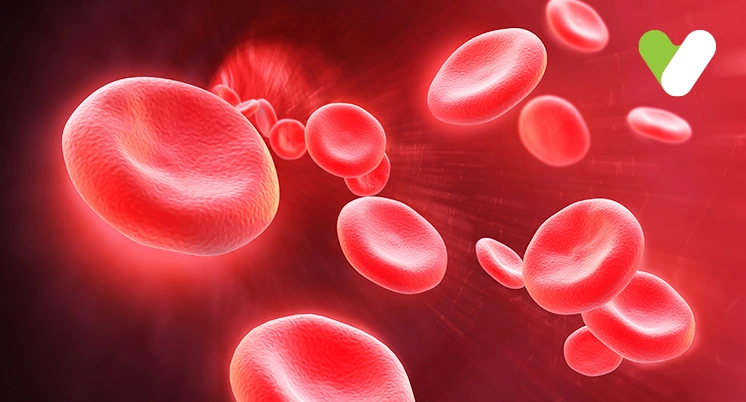Viruses can infect the lungs and airways cause pneumonia. Influenza virus and rhinovirus are the most common viral causes of adult viral pneumonia. When a person has pneumonia, the lungs become inflamed, triggering bouts of cough with pus, along with fever, and breathing issues. Pneumonia is caused by various species, including bacteria, fungi, and viruses. The infection can range in intensity from mild to severe. Infants and children, persons over the age of 65, and those with chronic conditions or compromised immune systems are especially susceptible. Following your pneumonia test results, the treatment of pneumonia entails eliminating the illness and alleviating the symptoms. Some patients can be treated at home with medicine. Although most symptoms will ease off after a few days or weeks, fatigue might last for the following month or longer. There is no instant cure for pneumonia. However, specific therapies are determined on the kind and intensity of the pneumonia, as well as your age and general health. The alternatives include:
- Antibiotics. The medications treat pneumonia caused by bacteria. Identifying the type of bacteria that had triggered pneumonia and selecting the most effective medication to treat it may take some time. For severe pneumonia treatment, your physician may prescribe a stronger antibiotic.
- Cough suppressants: The medication alleviates cough, allowing you to rest. Coughing helps loosen and moving fluid from the lungs, it is advisable not to entirely remove your cough. If you choose to try a cough suppressant, take the smallest effective dose.
- Fever reducers and painkillers: As necessary, you may take them for fever and discomfort. Among them are ibuprofen and paracetamol.

